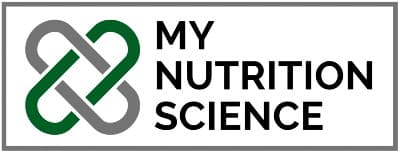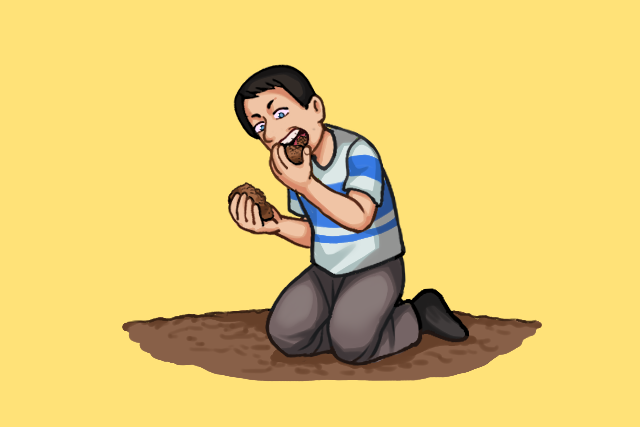Extended Summary
Unlike most sugars which are, as you’d expect, 100% sugar—either pure sucrose, fructose, or a combination of—honey is approximately 97% sugar. The other 3% of honey is mostly water, vitamins and minerals (approx. 0.2 – 0.5%) and other compounds such as flavonoids and polyphenols which, in the right dose, are health-promoting. Due to the additional properties of honey, then, it’s widely regarded as a superior alternative to other sugars which are just “empty calories”. This argument is thought to be strengthened by cell studies which have demonstrated that honey exerts antioxidative, antimicrobial, anti-inflammatory, and antiproliferative effects. Also, because honey is a staple food product in the diet of tribes such as the Hadza, known for their lean build and high fitness, people often assume it’s a natural and therefore better form of sugar. At some times of the year, the Hadza are estimated to consume almost half of their calories from honey alone.
The main problem with the claim is that there is simply a lack of human studies that have tested the difference in health outcomes when consuming honey versus sugar. We found a few controlled trials demonstrating that honey causes a lower glycemic response compared to sugar in diabetics and non-diabetics, a study that suggested the benefit of honey for managing a nocturnal cough, and another that unsurprisingly found adding 50 grams of honey to a weight-maintenance diet resulted in a nonsignificant increase in body weight and average blood glucose levels. In turn, there is just a limited amount of relevant data to base any strong conclusions about honey as a dietary agent, other than possibly for diabetics wanting to reduce blood sugar fluctations (in which case, it’s best to restrict any form of sugar). For this reason, we strongly disagree with some published reviews of honey that claim “Sufficient evidence exists recommending the use of honey in the management of disease conditions”. This conclusion is incomprehensible given that almost every reference in these reviews is an animal or cell study that is not considered strong evidence for the dietary benefit of honey in humans.
One question that also goes unaddressed in these reviews is also whether the amount of health-promoting substances in honey is sufficient (in normal dietary portions) to positively impact health. We believe the answer is no. For example, with respect to vitamins, one study found thiamin, riboflavin, pyridoxin, niacin and ascorbic acid in several honey samples; however, their amounts will contribute minimally to recommended daily intakes. To obtain a notable amount of these healthful components from honey, one would probably need to consume hundreds of calories from sugar alone, which may lead to its own set of problems. For now, then, the claim that honey is healthier than sugar should be regarded as misinformation. The bulk of literature that suggests a benefit to honey is when used as a topical agent, not a dietary one, for acne, eczema, rosacea, wound healing, and diabetic foot.






